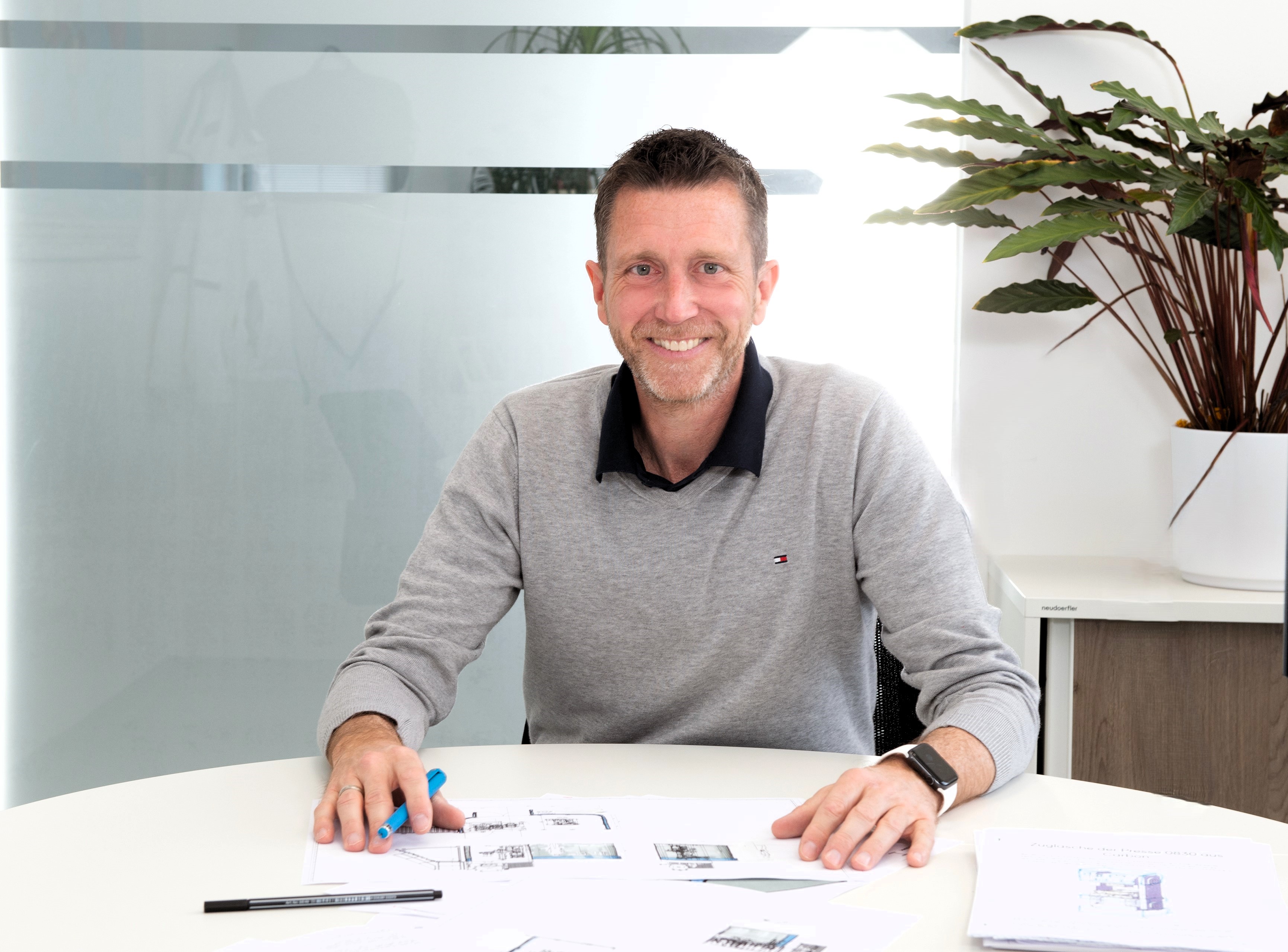Artificial Intelligence in mechanical engineering: How IAG optimizes production
AI as the key to efficiency: a behind-the-scenes look at IAG
Artificial intelligence is transforming mechanical engineering at IAG. In this interview, we discuss the opportunities and challenges of these technologies and how they pave the way for more efficient processes and innovative solutions. Learn about the role AI plays in optimizing production workflows and what this means for the future of special-purpose machine building.
Interviewer: Mr. Fritz, how does IAG use artificial intelligence in mechanical engineering to increase efficiency?
Thomas Fritz: At IAG, we continuously collect data and develop prototypes to optimize our processes. Our goal is to reduce downtime and improve the product quality of our machines for our customers. Through targeted data collection and analysis, we create solutions that not only enhance existing machines but also set new efficiency standards.
Interviewer: What role does AI play in process optimization and quality control?
Thomas Fritz: AI-based systems allow us to monitor and optimize production processes in real-time. By constantly analyzing production data, sources of errors can be identified and corrected early. This leads to a reduction in waste and ensures consistently high product quality. Proactive monitoring ensures that every step in the production process runs optimally, which increases overall efficiency.
Interviewer: How does AI contribute to predictive maintenance and condition monitoring?
Thomas Fritz: By analyzing machine and sensor data, we can monitor conditions precisely and detect errors, wear, and anomalies early on. Maintenance is performed as needed, minimizing unplanned downtime and extending the lifespan of the machines. This is a huge advantage for both us and our customers.
Interviewer: What is the significance of energy data analysis at IAG?
Thomas Fritz: In addition to optimizing production processes, energy data analysis also plays an important role. We capture and analyze the energy consumption of our machines to identify and correct potential inefficiencies. This allows us to optimize energy use and reduce operating costs. This intelligent energy control not only reduces the environmental footprint of production but also increases profitability.
Interviewer: What is your conclusion on the future of AI at IAG?
Thomas Fritz: The combination of AI-driven process optimization, predictive maintenance, and energy data analysis enables us to develop cutting-edge and efficient production solutions. Our systems not only increase efficiency and product quality but also contribute to more sustainable and cost-effective production. AI will remain a key component of our future developments.
Video (only available in German): ORF Landesstudio Niederösterreich, NÖ heute: "Plus-Minus: AI in Industry," Broadcast date: 26.03.2024

Interview partner: Mr. Thomas Fritz, Head of Electrical and Automation Engineering at IAG

